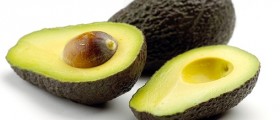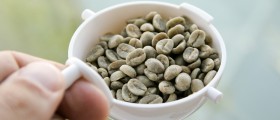
Graviola is the Portuguese name for an evergreen fruit tree that grows in the Caribbean and in the Central America, especially in Mexico. Other names include Annona muricata, which is the Latin name, soursoup, Brazilian paw-paw and Brazilian Cherimoya.
Graviola and its uses
The graviola tree has yellow or green heart-shaped fruits, which can be eaten fresh or in form of beverages and desserts. The fruit has a pleasant, sweet flavor, with a hit of tartness. It is used both as a food and as a remedy. The fruit can be used to treat intestinal problems, especially if it is still unripe, however it is the other parts of this tree that are used for most remedies.
Indigenous peoples who live in the areas where graviola grows use its bark as a medicine against fever, and the leaves are often used for antiseptic and anti-parasitic preparations, and they can be used topically as well, especially for muscle spasms.
Graviola extract
Scientific interest in graviola, especially in its extract, first started growing around 1950’s. Many studies performed on this extract have confirmed that it has significant health benefits and effective medicinal uses. One study found that graviola extract is very useful in treatment of herpes simplex virus, while another showed that the extract can be effective against certain parasites.
However, the most significant results are from a study performed in 1997 at Purdue University. This study suggested that graviola extract can act as a cytotoxin, which means it can kill cells. This would normally not be considered a good thing, but the components in the extract that have the cytotoxic effect are actually selective. They spare the healthy cells and only go after the damaged ones, which suggested amazing possibilities of the graviola extract in cancer treatment. This property of graviola is not limited only to the specific plant Annona muricata, and it is found in other plants which, like graviola, have the same byproduct of metabolism, called acetogenins. One of those plants is, for example, Annona glabra.
Even though the graviola extract has never received the FDA approval, it has gained much attention and popularity as an alternative remedy for cancer. In addition, the effects of graviola extract on cancerous cells were never confirmed in humans and all the lab tests were done in vitro and on lab animals.
Another health benefit that can be obtained from graviola extract is its use as a remedy against high blood pressure or hypertension. It also acts as a vasodilator and anticonvulsant, as well as a muscle relaxant.

















Your thoughts on this
Loading...